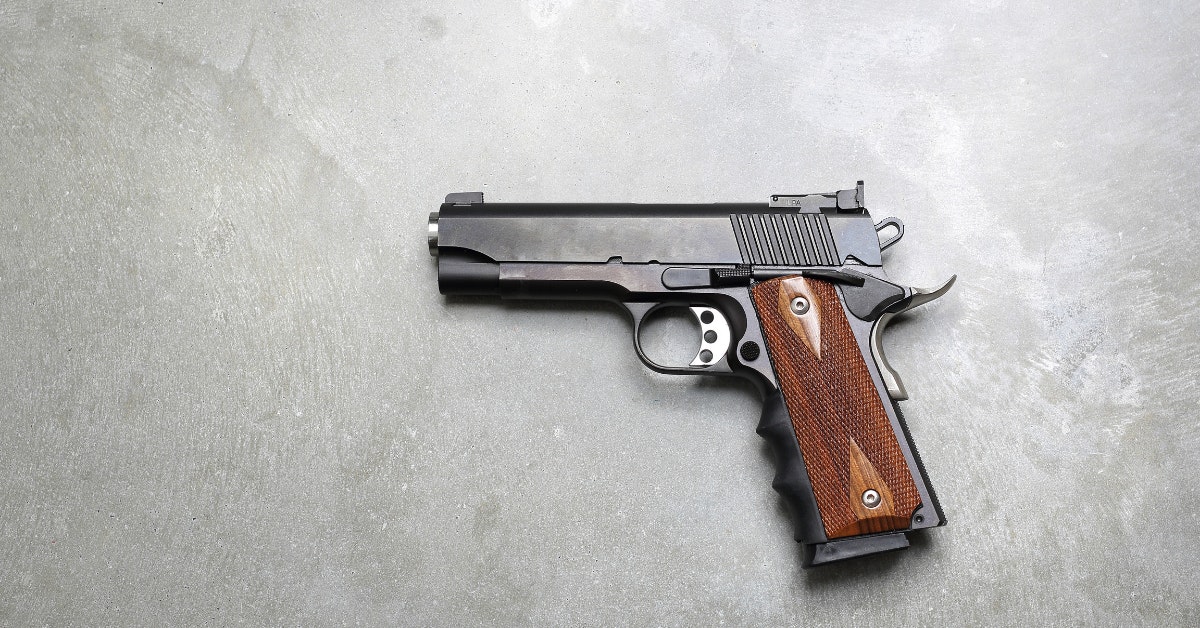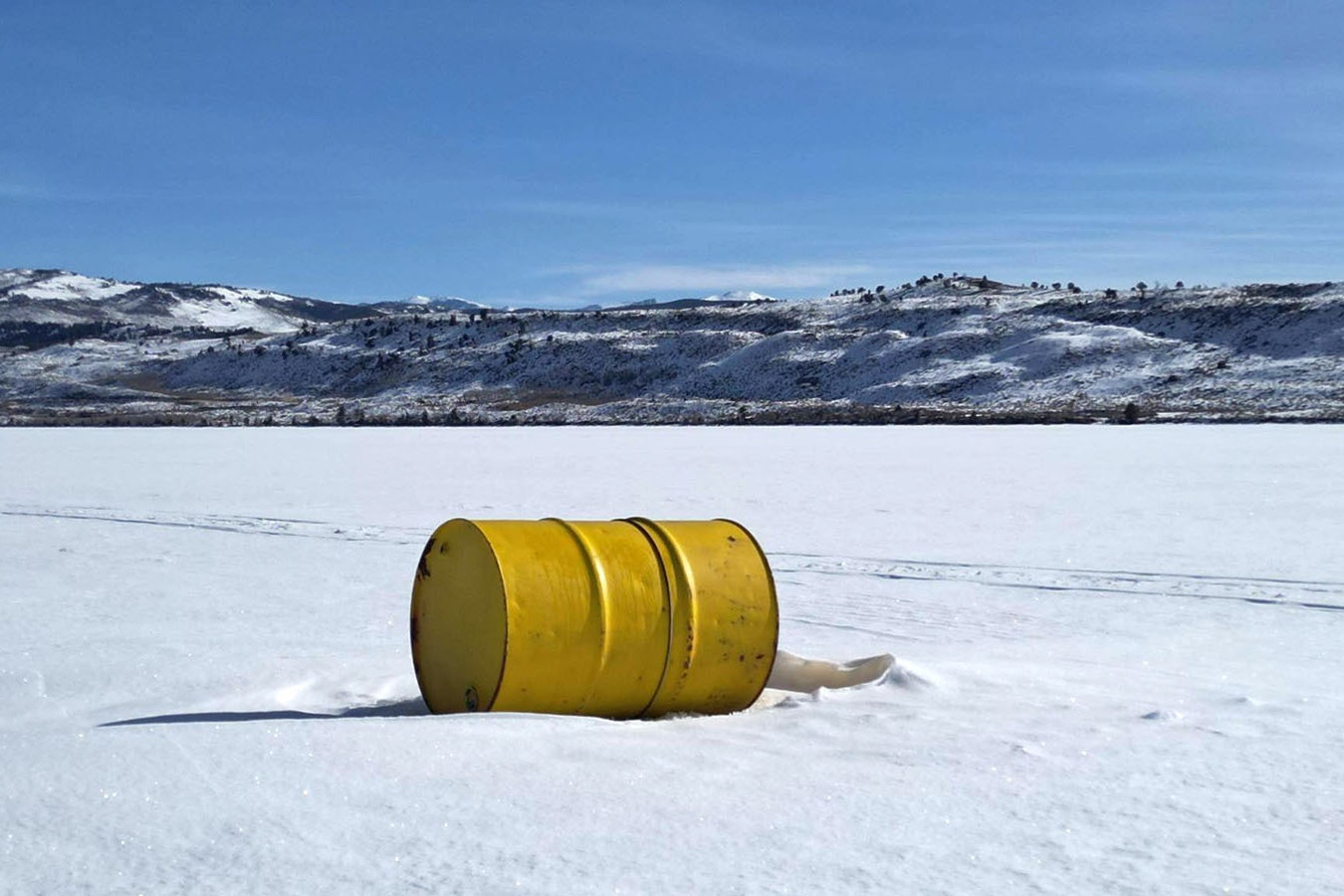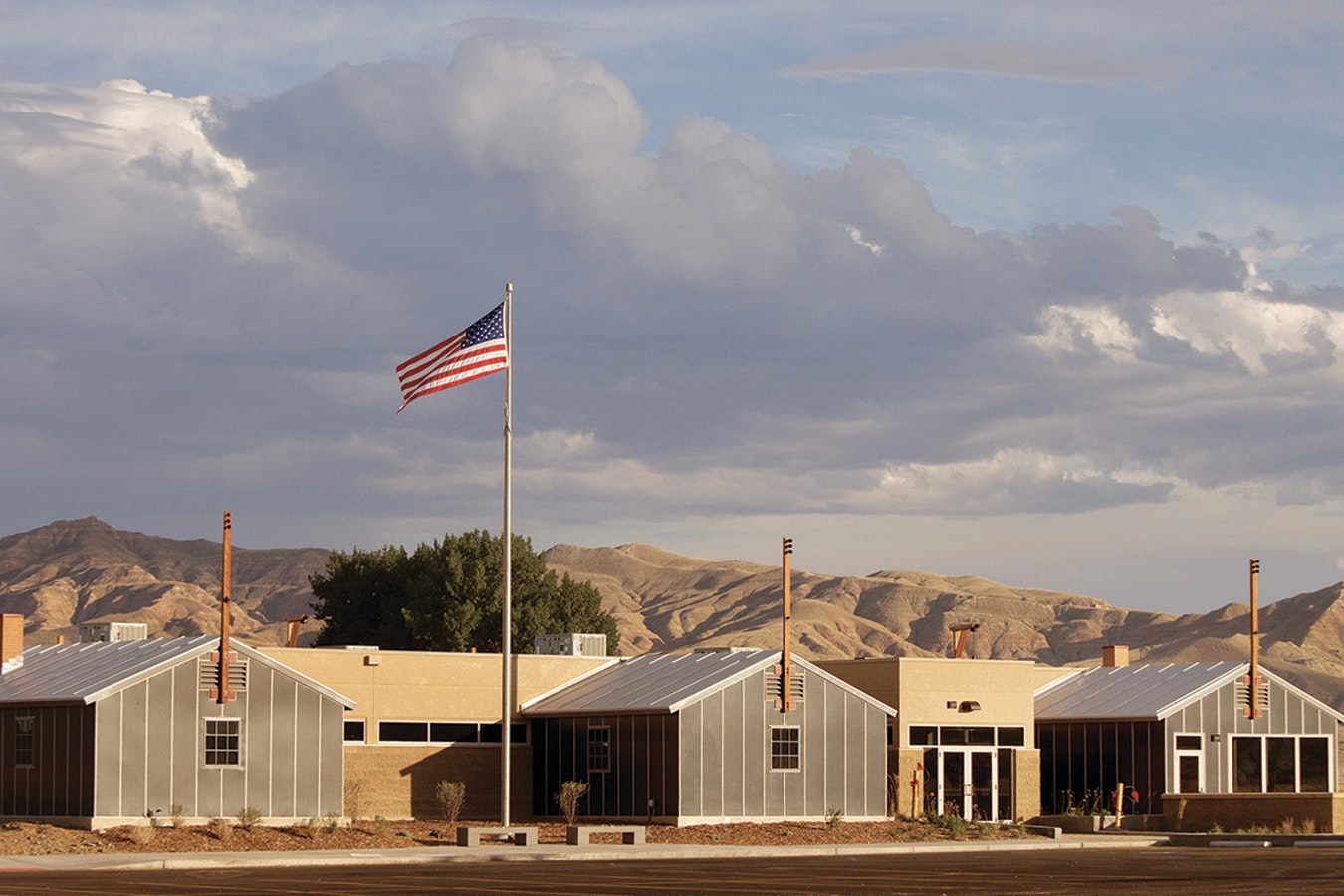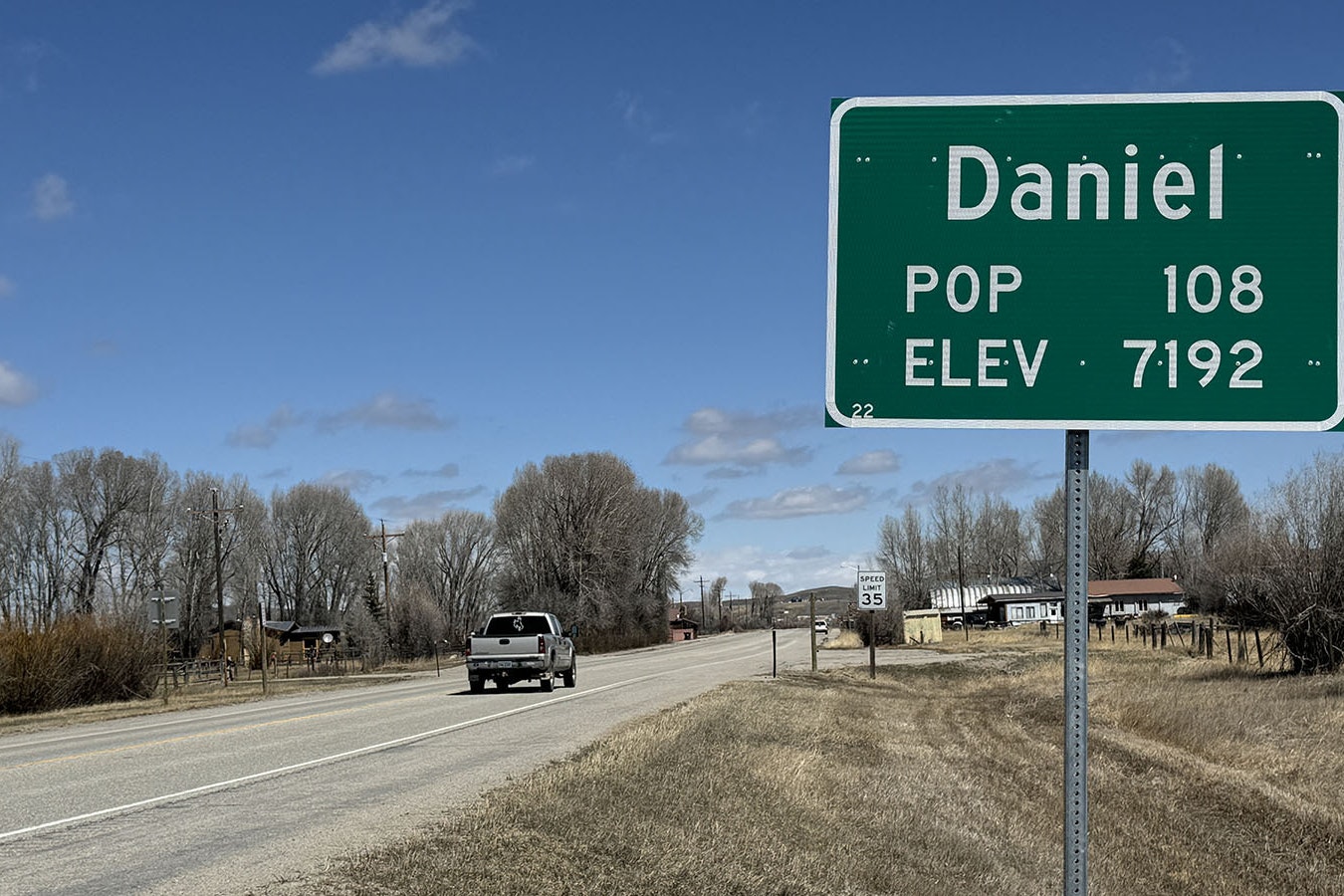An Evanston man charged with trespass for carrying a firearm onto University of Wyoming property will appeal an state district court ruling confirming the university’s ability to ban firearms on its property, said his attorney.
“Our position is that the Wyoming Legislature preempted the regulation of firearms in Wyoming,” said Jason Tangeman, the attorney for Lyle Williams. “As a result, any governmental entity — city, town or county and including UW — would have no authority to regulate firearms.”
Williams, a delegate to the 2018 Wyoming Republican Convention in Laramie, was cited for trespass after he was asked to leave the university’s conference center by UW police because he was wearing a handgun, which is not allowed under the university’s regulations.
The case went to circuit court in Laramie, and Williams sued the university in district court, seeking to have the regulation ruled invalid. District Judge Tori Kricken dismissed Williams’ case, and he appealed to Wyoming’s Supreme Court, which overturned Kricken’s decision on procedural grounds.Williams’ case returned to circuit court, where he again challenged the regulation on several grounds, including one that the Wyoming Firearms Freedom Act, initially adopted by the Legislature in 1995 and modified in 2010, forbids local governments from regulating firearms.
Williams also alleged the university’s regulation of firearms would be contrary to the Second Amendment of the U.S. Constitution.The circuit court asked the district court to rule on the challenge, and Kricken rejected Williams’ arguments.
Kricken ruled that the Firearms Freedom Act refers only to the regulation of weapons manufactured in Wyoming.
“To the extent that Mr. Williams questions the Legislature’s intent (or effect) in implementing the Wyoming Firearms Freedom Act and its specifically tailored language related to firearms manufactured in Wyoming, this court finds the language logical in light of the federal government’s exclusive authority to regulate in the realm of interstate commerce,” Kricken wrote.She also ruled that the university is “an alter ego of the State of Wyoming” and as such is authorized to regulate firearms.
Tangeman said Kricken’s ruling relied on an error in state statute, which appears to include — mistakenly — the original preemption statute in the Wyoming Firearms Freedom Act.
“If you include the original preemption statute,” he said, “it leads to some absurd results.”
As written, Kricken ruled by the letter of the law, but not the spirit of the law, Tangeman explained. Kricken also rejected Williams’ allegations that the university’s regulation violates the Second Amendment of the U.S. Constitution are also flawed, ruling that there are limits to the Second Amendment’s reach.
“Simply stated, the regulation and prohibition of the possession of firearms in sensitive places falls outside the scope of the Second Amendment,” she wrote. “…Parents who send their children to a university have a reasonable expectation that the university will maintain a campus free of foreseeable harm.”
Williams argued because the conference center was being used for a private event — the GOP convention — it was no longer a “sensitive place” where a ban on firearms would be allowed.
“To so conclude would open schools and universities to an ever-changing (and vague) regulatory scheme dependent upon the specific use of their education grounds at any given time,” she wrote.
Tangeman said appealing to the Wyoming Supreme Court would help determine whether UW’s firearms restriction is constitutional.
“There’s case laws in this country that say if a firearms regulation on campus is narrowly tailored to buildings and sensitive areas on campus, they could very well pass constitutional scrutiny,” he explained.
In this case, however, Tangeman said Williams was attending a convention at a location owned by UW, but across the street from campus; thus, outside a “sensitive area.”
“The way (UW’s) regulation is written, it would apply to any (of the university’s) real property in the State of Wyoming,” he said. “Theoretically, its firearms regulation would apply statewide across any of its numerous properties.”
If applied statewide without specifying a direct tie to student safety, Tangeman said UW’s regulation, which was upheld by Kricken’s ruling, could violate Williams Second Amendment rights.





